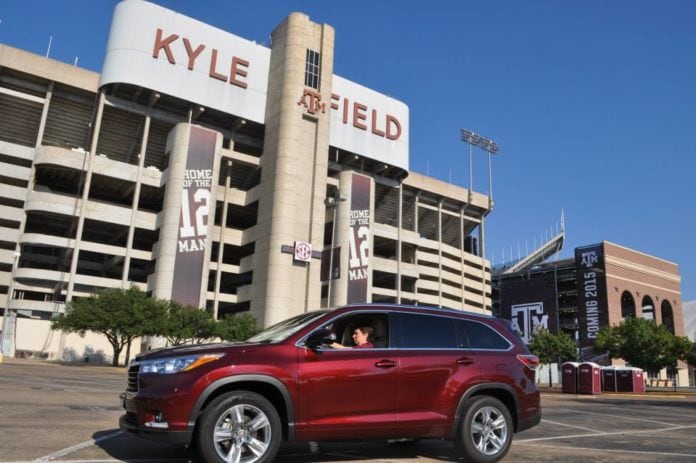COVID-19 Guidelines from Texas A&M
COLLEGE STATION, Texas — Due to concerns about the global outbreak of COVID-19, The Texas A&M University System issued Monday new restrictions on foreign travel that impacts the students, faculty and staff of its network of 11 universities and eight state agencies.
“We have no greater responsibility than to promote the health and safety of students, faculty and staff,” wrote Chancellor John Sharp in a letter to university presidents and agency directors. “We also are responsible for promoting public health, especially during this period of global uncertainty.”
Beginning immediately, the Texas A&M System is taking the following actions to protect students, faculty and staff:
Strongly discourage all foreign travel by Texas A&M System students, faculty and staff while the outbreak of COVID-19 remains a dynamically changing and uncertain situation.
Prohibit payment for System-sponsored travel to all countries identified as Level 1 or greater risk by the CDC Health Notice Warning system. The only exception is for “mission-critical” personnel working on the response to COVID-19.
Encourage all students, faculty and staff to return from all Level 1 or higher risk countries as soon as can be practically arranged.
Direct students, faculty and staff to report all personal international travel to the university if they have traveled to a Level 1 or greater risk country.
Require students, faculty, staff and visitors traveling from countries with risk levels of 2 and 3 to self-isolate for a 14-day period before returning to school or work. Monitoring/isolation should follow the latest CDC guidelines, which currently suggest at least 14 days without symptoms.
Require students to self-monitor and isolate at an off-campus or family residence whenever practical. Students should contact their university if these options are impractical.
Direct students with symptoms not to just show up at campus health centers but call ahead so medical personnel can be prepared or can direct the students to local health authorities.
Reimburse students for reasonable expenses associated with cancelled school-sponsored trips.
Create a System-level reserve to assist universities with extraordinary costs associated with the crisis response.
Continue to raise public awareness and encourage people to keep themselves safe by washing their hands with soap and water for 20 seconds, covering their coughs, avoid touching their eyes, nose or mouth with unwashed hands, and staying home when ill.
Provide information on System websites and on regular social media updates.
Create an expert medical response team.
Work with other university systems to ensure a coordinated, statewide effort.
Coordinate weekly or biweekly conference calls among System leaders to share current information from the Texas Division of Emergency Management.
In addition to these steps, the School of Public Health and the AgriLife Extension system are working to create and distribute important information about COVID-19 and the spread of infectious diseases.











